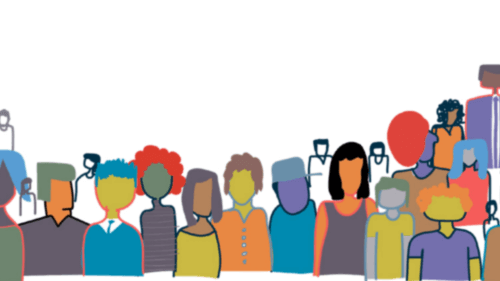Supportiv Whitepaper Synthesizes Research On Under-Utilized Mental Health Solution

Supportiv’s new whitepaper synthesizes 120 research studies, evaluating the impact and ROI of peer support on health and well-being. The whitepaper conveys the promise of online peer support as a novel, affordable, population-scale solution to the escalating mental wellness crisis, and to the downstream health impacts of emotional struggle.

Download the full whitepaper on our homepage, here.
Read the full press release, here.
Loneliness, anxiety, depression, stress, and other emotional struggles have been closely linked with physical health impacts. But in this era of constant struggle and deaths of despair, we have few tools ready to take on the sheer volume of pain in America today.
Dr. Rosemary Ku, author of the whitepaper and physician with dual board certifications in Internal Medicine and Preventative Medicine, speaks to a possible solution to our escalating mental and physical health crises:
“The healthcare system is designed to intervene when conditions become severe and is not equipped to address the challenges of daily life struggles. Peer support has been identified as an effective intervention to fill this gap, instill greater emotional well-being, and improve health outcomes for a wide range of mental and physical health issues.”
Dr. Ku, who holds an MD and MBA from Columbia, and an MPH from UC Berkeley, continues, distilling the promise of online peer support:
“By increasing social connectedness and providing both emotional and tactical support for day-to-day stressors, peer support is a low-cost, effective service that can serve as a standalone offering or complementary to disease management programs.”

Other topics covered in the whitepaper are the accessibility advantages of online peer support, and the competitive efficacy of peer support in relation to traditional therapies like CBT, psychotherapy, and even antidepressant medication.

One last key point from the whitepaper–when evaluating an online peer support program, Dr. Ku recommends considering the following criteria:
- Evidence-based program
- On-demand access
- “Rigorously selected, trained, and supervised” moderators
- Scalability
- Data security to ensure privacy and legal compliance
Peer support can be just as effective as more traditional mental wellness modalities; and both users and service providers may also benefit from its greater accessibility, lesser cost, and focus on self-empowerment rather than disorder.
Contact Us
For anonymous peer-to-peer support, try a chat.
For organizations, use this form or email us at info@supportiv.com. Our team will be happy to assist you!
